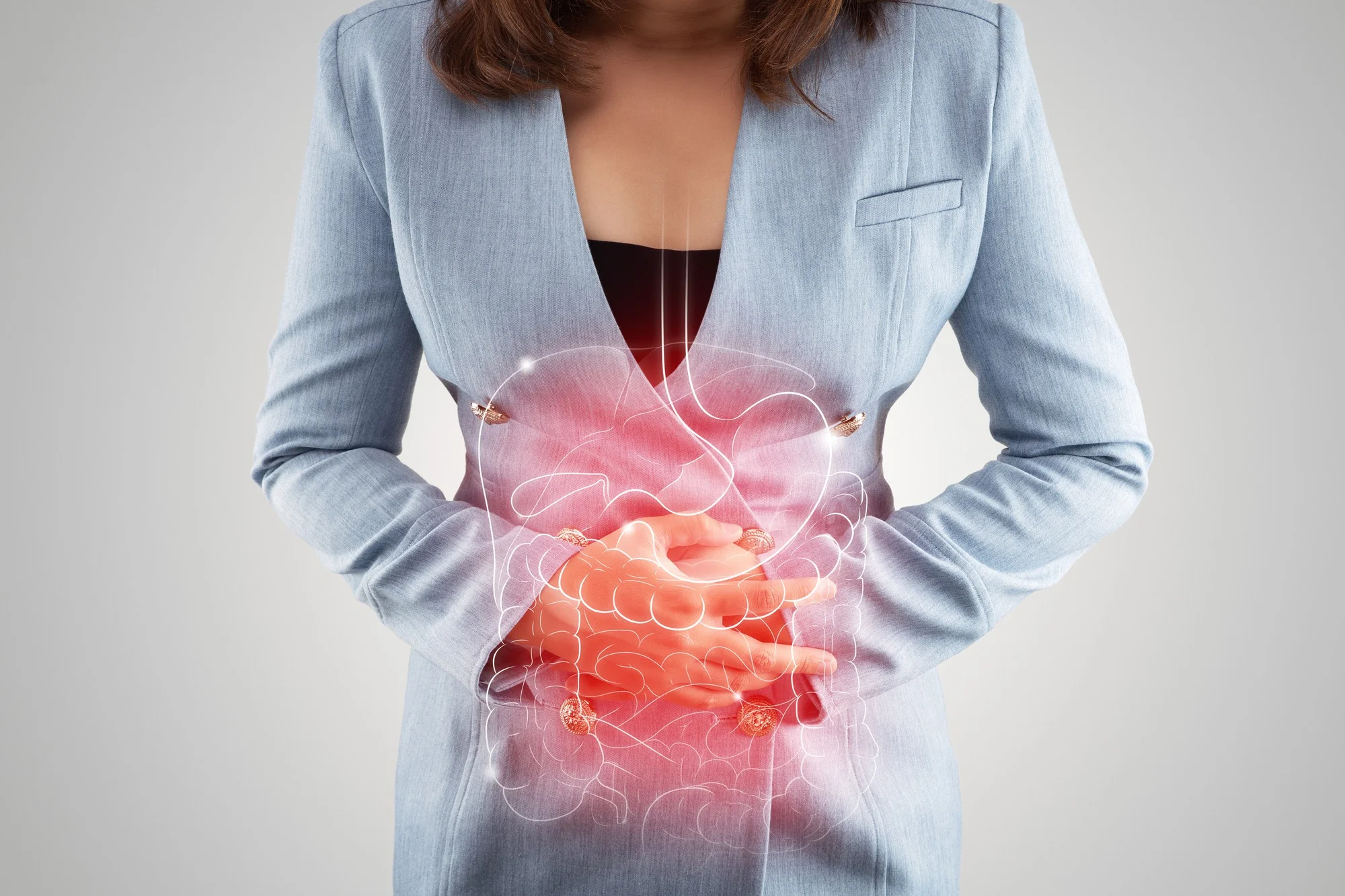In the realm of gastroenterology, diet has long been acknowledged as a pivotal factor influencing gut health. One particular area where diet’s role has been observed with keen interest is in the context of Inflammatory Bowel Disease (IBD), a chronic condition that has been progressively affecting more individuals across the globe. On September 30, 2020, a significant article was published in “Gastroenterology & Hepatology (N.Y)” by Gary R. Lichtenstein, which keenly examined the intricate connection between diet and IBD. This article seeks to provide an expansive and elaborate discussion on the findings presented by Lichtenstein, his literary venture’s importance to current research, and wider implications for patients suffering from IBD.
Understanding Inflammatory Bowel Disease (IBD)
Inflammatory Bowel Disease is an umbrella term that encapsulates a group of disorders, primarily including Crohn’s disease and ulcerative colitis. These conditions are characterized by chronic inflammation of the gastrointestinal tract leading to severe abdominal pain, weight loss, diarrhea, and fatigue. The pathogenesis of IBD is complex and multifaceted, involving genetic susceptibility, environmental triggers, and immune system dysregulation. With this complexity in mind, researchers have been investigating the role that diet can play in not just managing, but also potentially exacerbating or reducing the risk of developing IBD.
Lichtenstein’s Study: A Deep Dive into Diet and IBD
In his article, Lichtenstein meticulously distilled the contemporary understanding of diet as it relates to IBD. Drawing upon a wealth of research, he delineated how certain dietary patterns might influence disease activity and patient quality of life. The study, published with the DOI: PMC6495409, stands as a critical review in determining how different diets may either mitigate or aggravate the symptoms associated with IBD.
Key Findings and Recommendations
Lichtenstein’s work illuminated several significant connections. For instance, high consumption of sugar and fat was suggestive of increased IBD risk, whereas the intake of fruits and vegetables appeared to have a protective effect against the disease. The evidence notably underscored the deleterious influence of processed foods and the potentiality of specific dietary strategies, such as exclusive enteral nutrition (EEN), in inducing remission in Crohn’s disease patients.
Another aspect Lichtenstein highlighted was the role of the gut microbiota in IBD. Diet has a profound impact on the composition and function of the gut microbiome, which in turn influences the pathogenesis of IBD. His review pointed out that high-fiber diets could beneficially modify the gut microbiota, translating to reduced inflammation and improved symptoms in IBD patients.
The article also addressed the growing interest in the specific carbohydrate diet (SCD) and the Mediterranean diet. These diets have been associated with some symptom relief, suggesting that they may serve as auxiliary approaches in managing IBD alongside conventional treatments. Lichtenstein calls for more rigorously designed studies to thoroughly evaluate the efficacy of these dietary interventions.
Clinical Implications and Patient Guidance
The insights brought forward by Lichtenstein are not solely of academic interest; they carry significant clinical implications. Healthcare professionals, including gastroenterologists and dietitians, may incorporate these findings into the complex calculus of advising their IBD patients on dietary choices. The call is not for a universal diet for all IBD patients, but rather a tailored approach that takes into account the individual’s disease status, lifestyle, nutritional needs, and personal preferences.
Research Gaps and Future Directions
Despite the valuable insights Lichtenstein’s article provides, it also reveals that the investigation into the diet-IBD nexus is far from complete. There is a noted need for large-scale longitudinal studies to establish conclusive cause-and-effect relationships and to develop comprehensive dietary guidelines for IBD prevention and management.
Significance and Reception in the Medical Community
The publication of Lichtenstein’s article had a considerable impact within the gastroenterology community, adding valuable information to the ongoing conversation on how best to manage IBD. Investigators and clinicians alike acknowledged the significance of an evidence-based approach to diet as a modifiable factor in IBD treatment.
Conclusion
The role of diet in IBD, as delineated by Gary R. Lichtenstein in “Gastroenterology & Hepatology (N.Y),” reflects an evolving segment of gastroenterological research and patient care. Staying at the forefront of these developments can enhance patient outcomes and offer hope for those grappling with the daily challenges of IBD.
Keywords
1. Inflammatory Bowel Disease Diet
2. IBD Management Nutrition
3. Gut Health and Diet
4. Crohn’s Disease Dietary Intervention
5. Ulcerative Colitis Nutrition Therapy
References
1. Lichtenstein, G.R. (2019). Diet and Inflammatory Bowel Disease. Gastroenterology & Hepatology, 15(3), 127.
2. Hou, J. K., Lee, D., & Lewis, J. (2014). Diet and inflammatory bowel disease: review of patient-targeted recommendations. Clinical Gastroenterology and Hepatology, 12(10), 1592-1600.
3. Chiba, M., Abe, T., Tsuda, H., Sugawara, T., Tsuda, S., Tozawa, H., … & Imai, H. (2010). Lifestyle-related disease in Crohn’s disease: Relapse prevention by a semi-vegetarian diet. World Journal of Gastroenterology, 16(20), 2484-2495.
4. Opstelten, J. L., Leenders, M., Dik, V. K., Chan, S. S. M., van Schaik, F. D. M., Khaw, K. T., … & Oldenburg, B. (2016). Dairy products, dietary calcium, and the risk of inflammatory bowel disease: results from a European prospective cohort investigation. Inflammatory Bowel Diseases, 22(6), 1403-1411.
5. Ananthakrishnan, A. N. (2015). Epidemiology and risk factors for IBD. Nature Reviews Gastroenterology & Hepatology, 12(4), 205-217.
